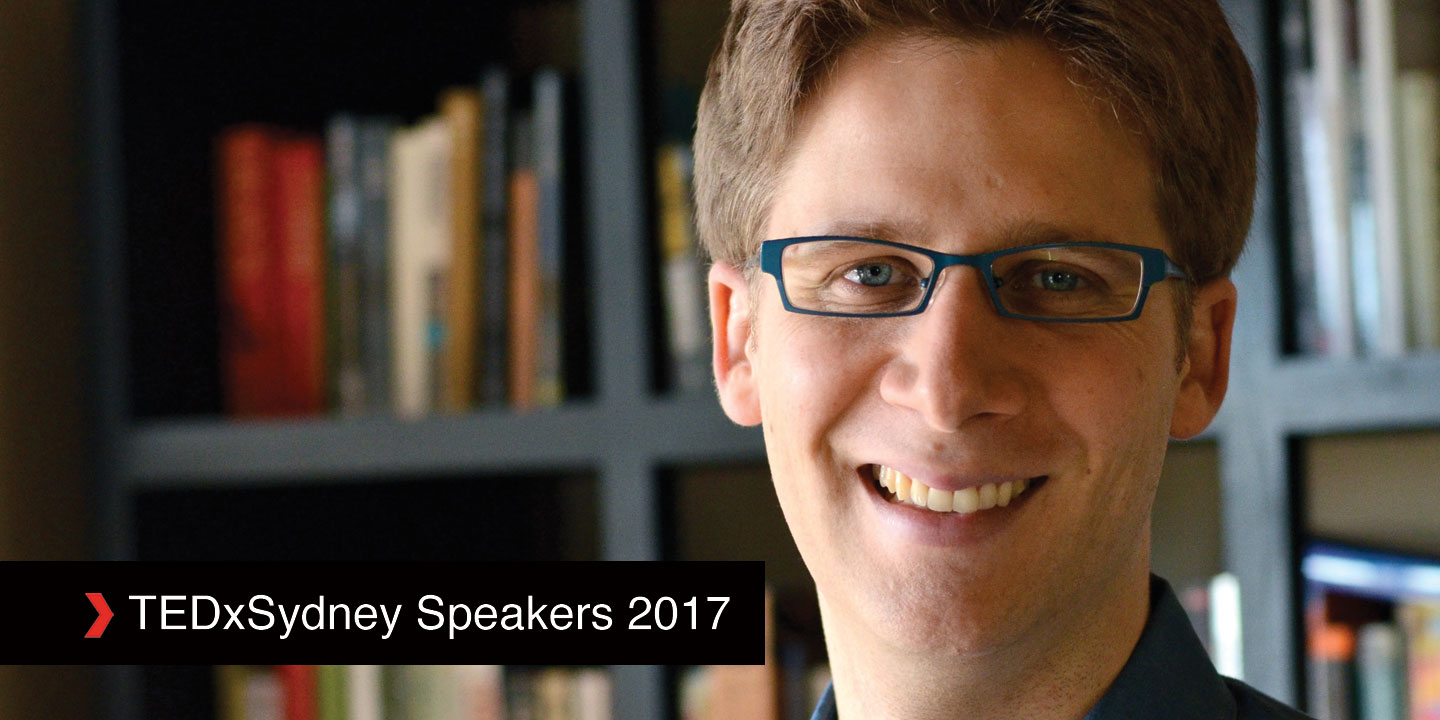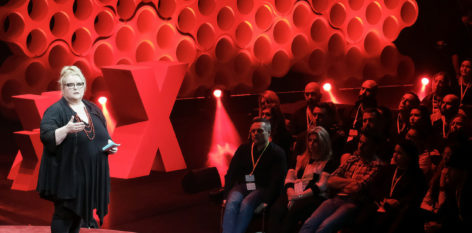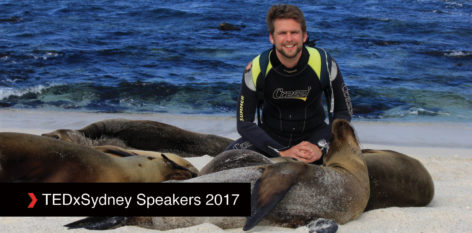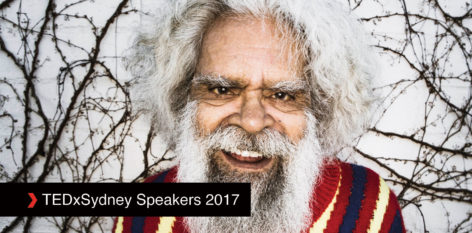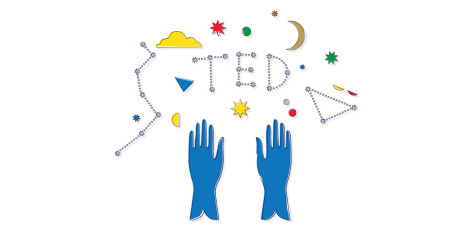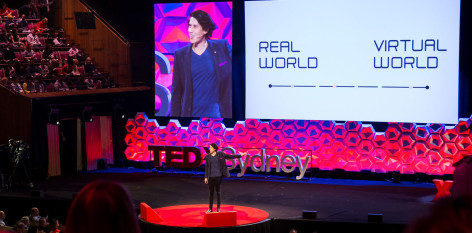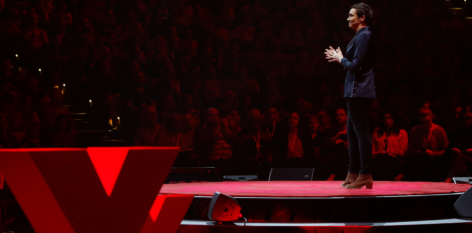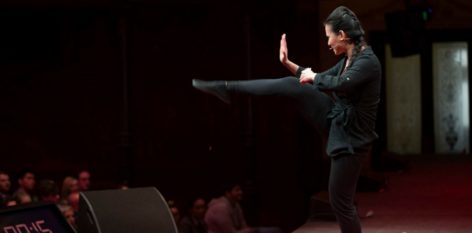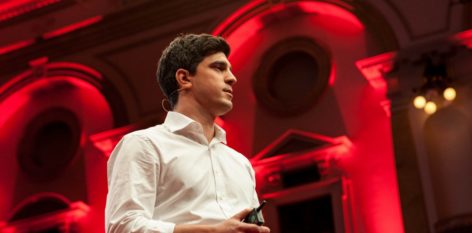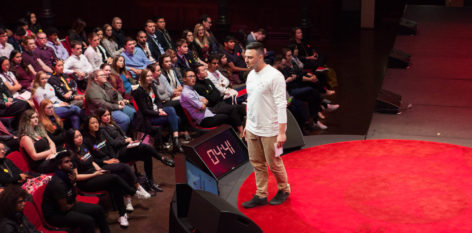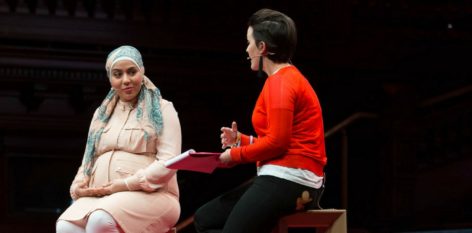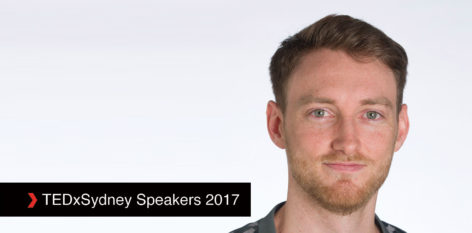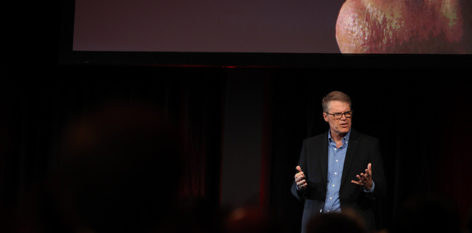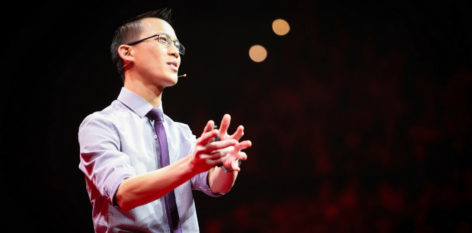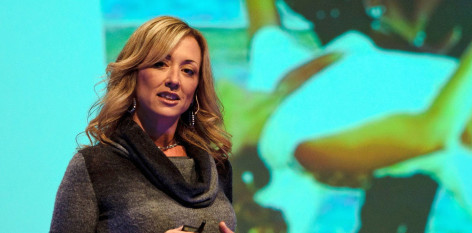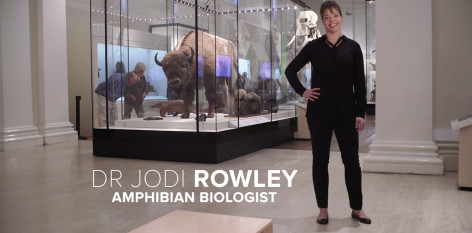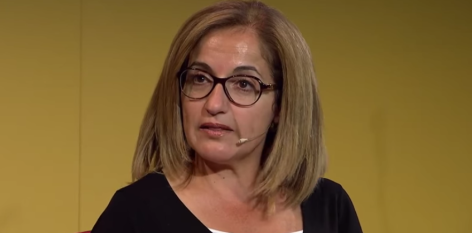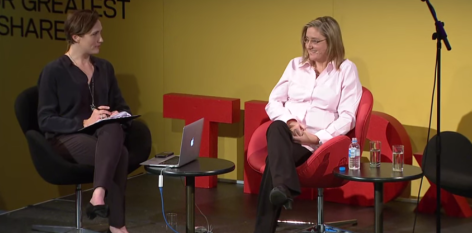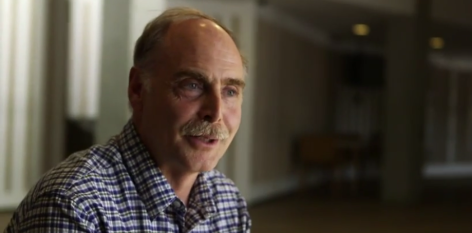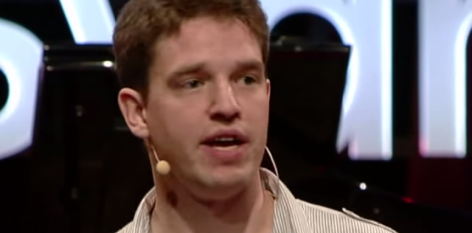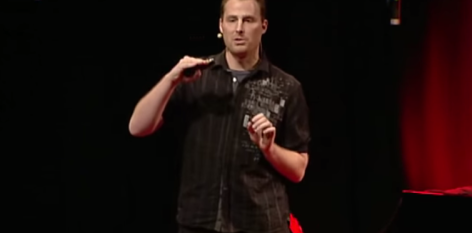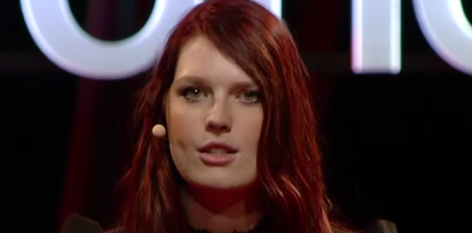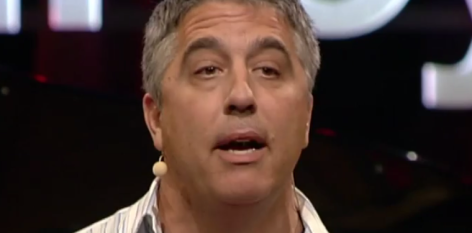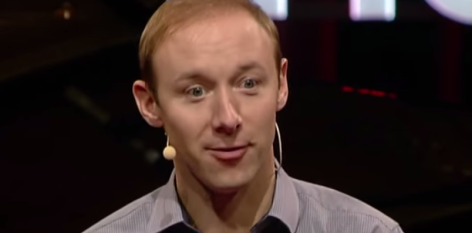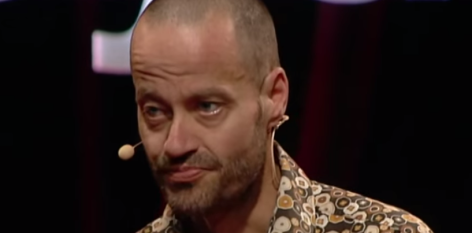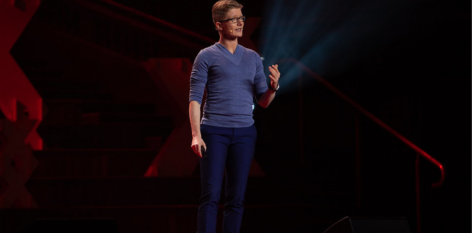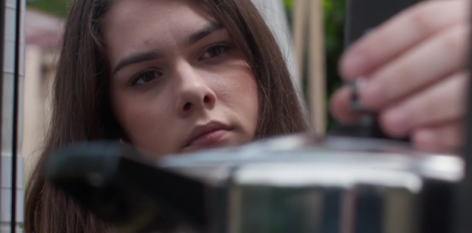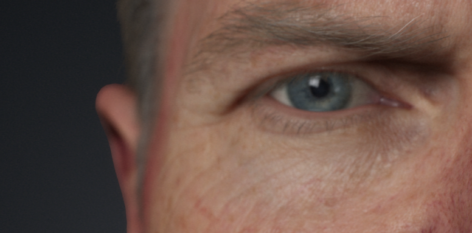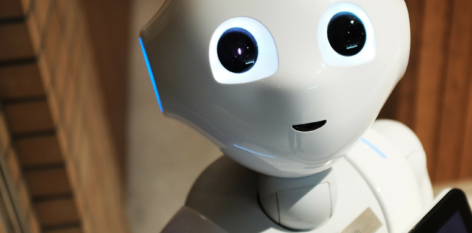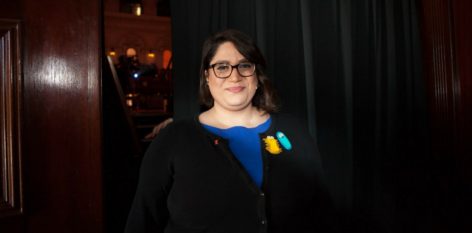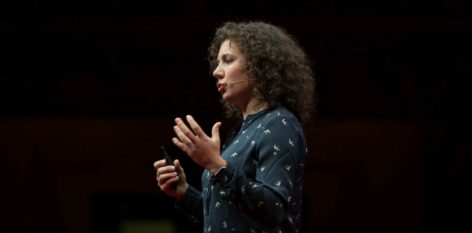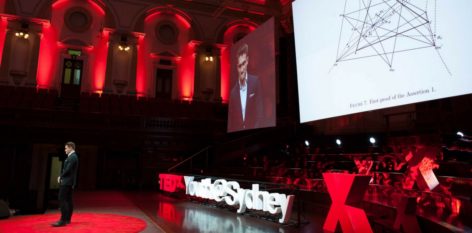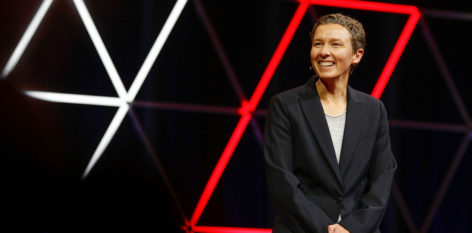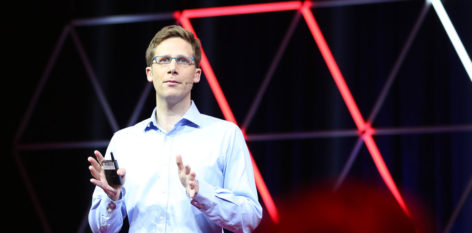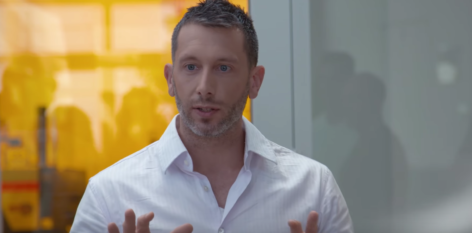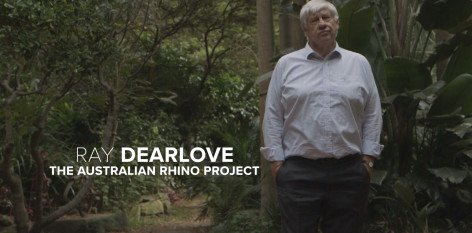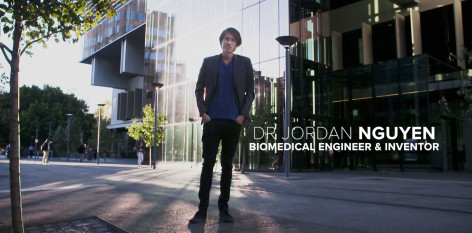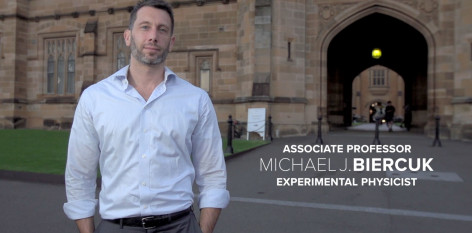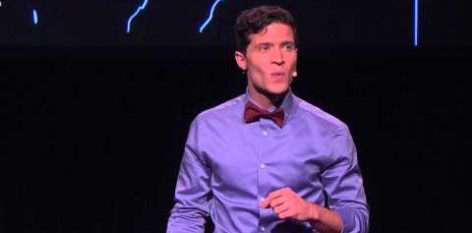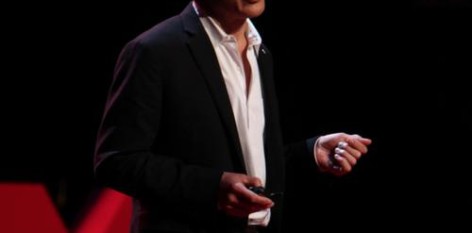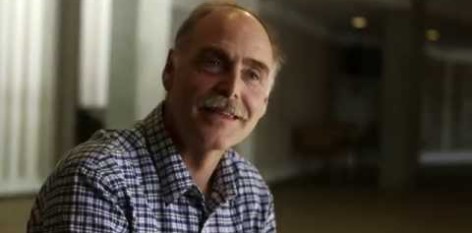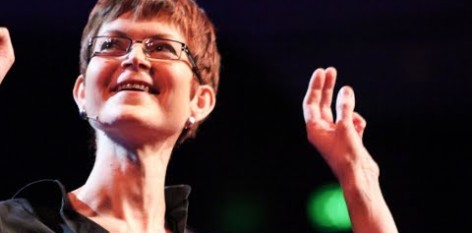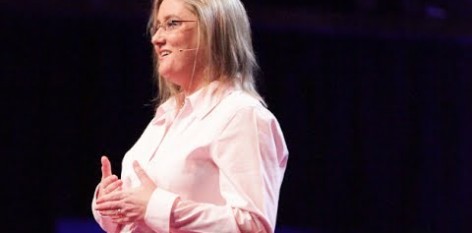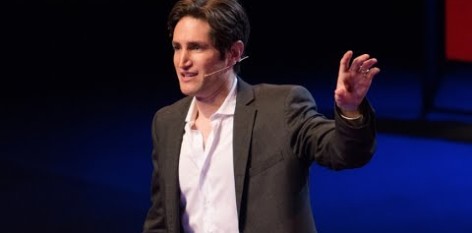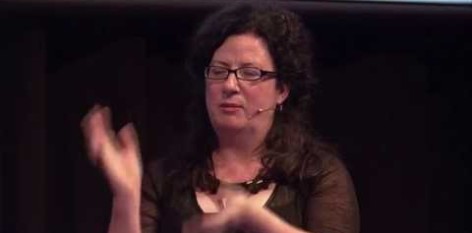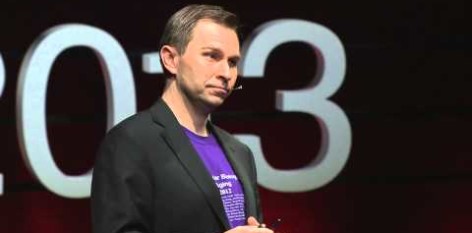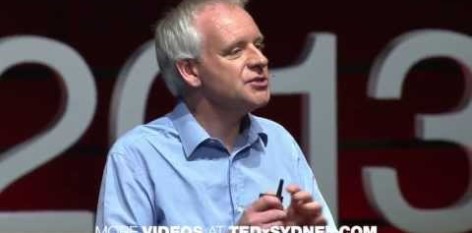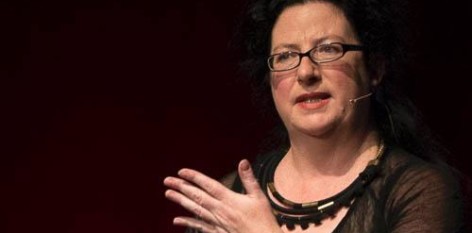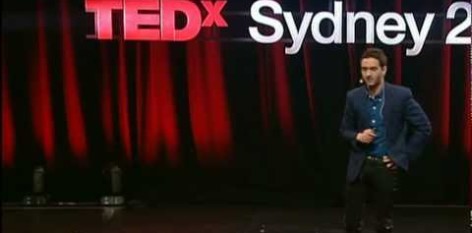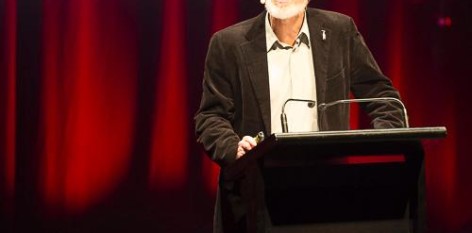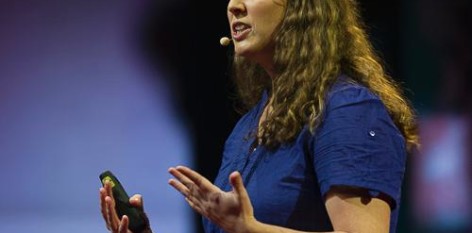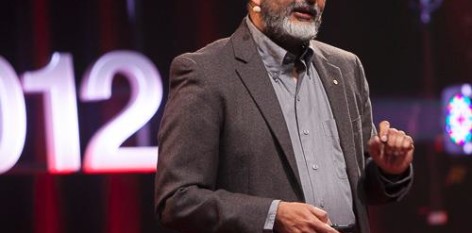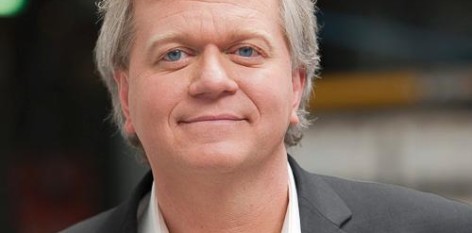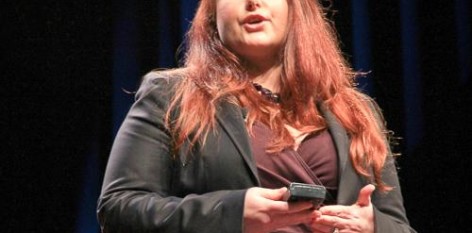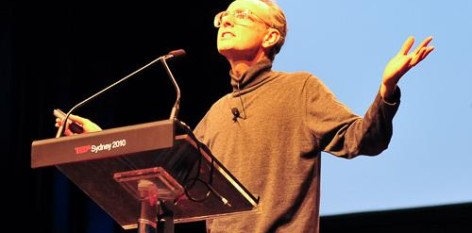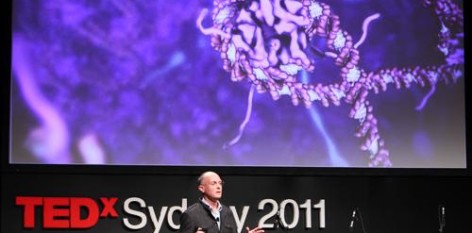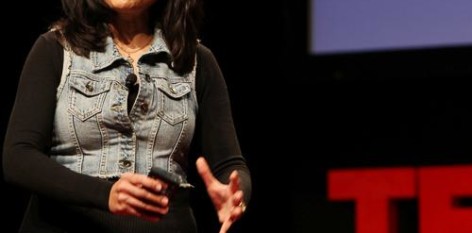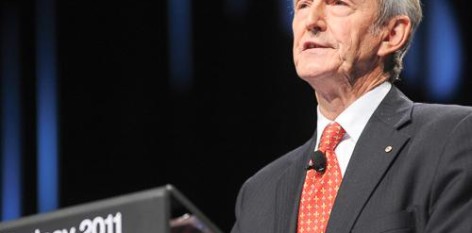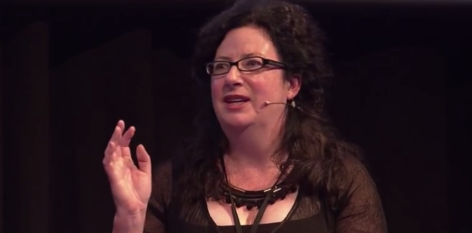Tom Griffiths is the most calculating man you’re ever likely to meet. And he wants to help the rest of us become more calculating too. Here’s how Tom cross-pollinated two disciplines with decisive results.
Tom was a maths and science geek at school, but when he got to the University of Western Australia, he opted to study psychology, philosophy and anthropology. ‘I wanted to study the things that were really mysterious’, he says. As an undergrad, Tom came across a philosophy book that referenced neural network models. Amazed to discover that mathematics could be used to make sense of the mind, he spent the summer digging through the subject as much as he could. First day of the new semester, Tom convinced his professor to back him to explore those connections.
Now a psychology professor at UC Berkeley, Tom Griffiths heads up CoCoSci – Computational Cognitive Science Lab – where he’s calling for a ‘cognitive revolution’ in Psychology. He advocates shifting away from the old model of relying purely on conventional lab science, and focussing more on co-opting the kind of data available from computer science, which monitors our actions online – our keystrokes and mouse clicks, our ‘likes’ and our choices. ‘Human cognition is directly involved in these behaviours. We can learn a lot about how people think by understanding the decisions they make in online settings.’
Tom’s research involves drawing out the relationship between the algorithms that dictate how computers think and the ways human beings typically solve problems. ‘We figure out the mathematical principles behind human learning and inference,’ says Tom. ‘That means looking at the things that people do as solutions to computational problems, and using tools from computer science to understand the nature of those solutions.’
On the flipside, the formulas used to find the best solution to a mathematical problem can be usefully applied to particular situations we face in our everyday lives. Algorithms are simply provable optimal solutions, so they can help us solve a whole lot of daily problems like choosing a restaurant, organising your socks or your files, or snaffling the best parking spot. And they can help us solve the big problems, like trying to choose a house to buy, or finding a partner. While some companies mine data to influence people in the way they spend their money or vote, Tom is seeking to use big data to improve people’s lives. Tom Griffiths has an algorithm for almost any occasion.
To spread the good word, he’s co-written a sciency-how-to book with writer Brian Christian. In 2016 Algorithms to Live By was an Amazon #1 bestseller in Science and one of MIT Technology Review’s Best Books of the Year.
So how would the world be different if we all used algorithms to tackle our problems? ‘We would all experience less stress,’ says Tom, ‘knowing that there are good strategies that can be used to solve them.’ And I suspect, a culture geared to make optimal decisions is a culture less inclined to be reactive and chaotic.
The other benefit lies in the loop this approach creates. ‘Once everyone is thinking in those terms, we could design the world so as to simplify the computational problems we face.’ Imagine a world where car parks and hospitals and websites are designed with ‘computational kindness’ to give us only easy problems to solve. If we ever get there, we’ll probably have Tom Griffiths to thank.
Book now to see Tom Griffiths at TEDxSydney on Friday 16 June 2017.
